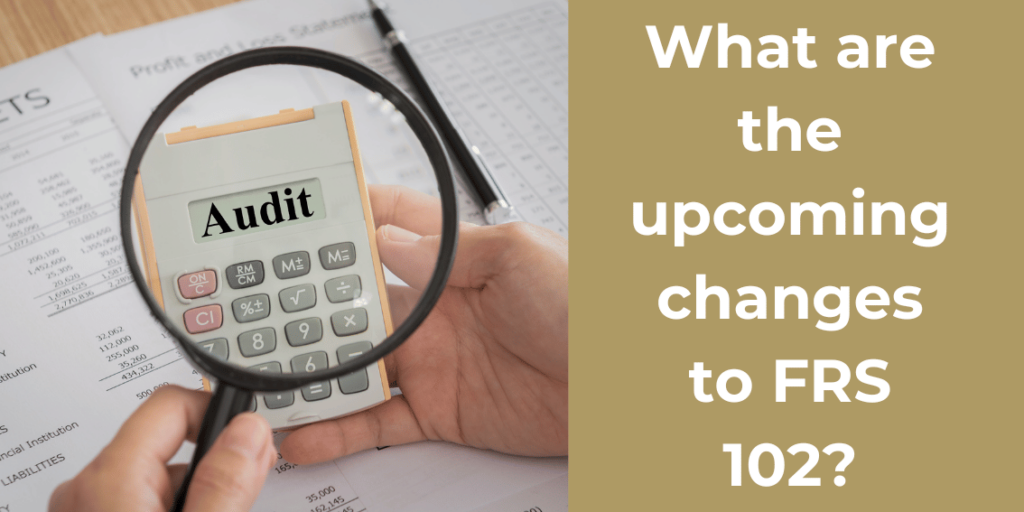Why a statutory audit can be beneficial even when not required – an audit of small businesses.

In general, companies which qualify as small are not required to have an annual statutory audit. However, many small companies still choose to have an audit regardless. This is because there are many aspects of the audit which a small company can benefit from. In this news article I will briefly describe some of these benefits and explain the reasons why a small company may choose to have an audit.
Helpful second opinion:
Statutory audits can be seen by some as unpleasant with many accountants viewing auditors as faceless inspectors trying to catch them out. However, this could not be further from the truth. Auditors are there to help the finance team by advising on whether the accounts are true and fair, providing guidance on complex accounting treatments and sharing knowledge and experience gained from working with a wide range of businesses. Most of the audit actually validates the accountant as well as adding weight to the financial statements of the company. This means that management can make decisions with greater confidence going forward. If errors are noted, the auditor discusses them in a constructive manner which can help the accountant improve their own knowledge. This means that an audit is a good learning experience for accountants and not a nasty test.
Future proofing the business and preparing for growth:
Many small businesses have a statutory audit in order to prepare for future growth of the company. A company is no longer considered small if it exceeds two of the following limits:
- Turnover of £10.2 million
- Total assets of £5.1 million
- 50 employees
Once a company breaches these limits it will be a medium company and will require a statutory audit by law. The audit of a medium company can be much more in depth than that of a small company as there are increased disclosure requirements and larger transactions and balances to be assessed. For this reason, many small companies choose to have an audit in anticipation of breaching these thresholds as it allows their finance team to get used to the requirements of an audit on a smaller scale. Furthermore, as businesses grow, they may wish to obtain external loans or funding to finance their increased operations. Many external funders may require audited financial statements before they provide finance or as part of the loan covenants. Even if they are not required, an audit can increase the reliability of information which is used to obtain a loan. For these reasons it may be a good idea to have an audit if your small business is planning future growth.
Assistance with changes in regulation and legislation:
The next few years will see significant changes in the reporting requirements for all businesses,. Some of the new regulations impacting smaller entities include:
- The Economic Crime and Corporate Transparency bill which will require small companies to include a statement of profit and loss with their annual accounts when they are filed at Companies house.
- Updates to FRS 102 effective for accounting periods commencing on or after 01 January 2026. These updates will align FRS 102 with IFRS and impact the accounting treatment of a number of financial statement areas including lease accounting and revenue recognition.
An audit can assist small companies with navigating these changes.
Review of systems and controls
One of the key parts of a statutory audit is understanding the systems and controls of a business and how these feed into the financial statements. This allows the auditor to report on any deficiencies with the systems that they have noted. Given their experience of a wide range of businesses, and their independence from the company the auditor is likely to spot issues that management may not have considered. Furthermore, an auditor is also able to draw on their experience from other businesses to provide innovative recommendations for how these issues can be rectified and how systems can improve. These comments on controls are seen by many as the real value add of the audit and are a great way of improving the businesses without hiring an expensive consultant.
As leading Chartered Accountants with seven branches across central London and Kent, we have many years’ experience carrying out statutory audits. Please contact us for in-depth advice on this subject, including whether your firm would benefit from an audit.








